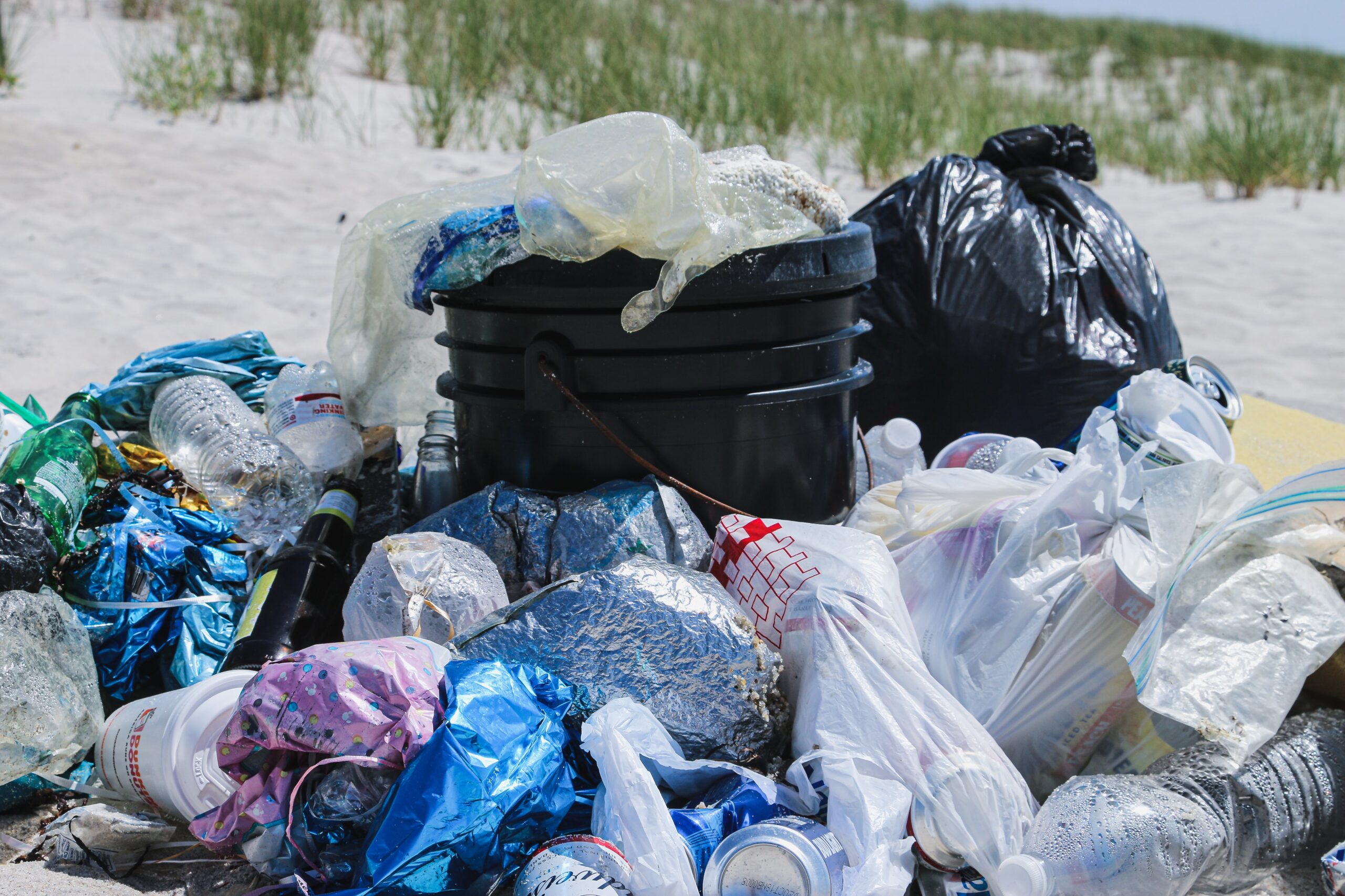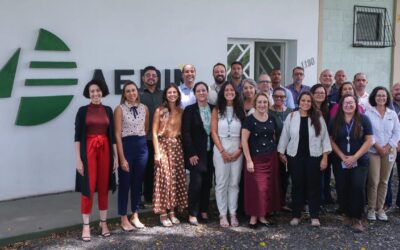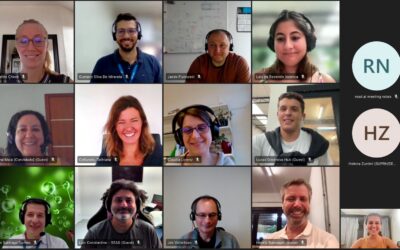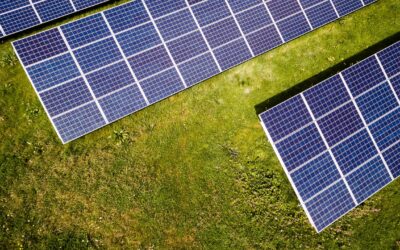
Source: Exame
An unprecedented study commissioned by Blue Keepers, a project linked to the UN Global Compact’s Water and Ocean Action Platform in Brazil, points out that each Brazilian may be responsible for polluting the seas with 16kg of plastic per year. This is 3.44 million tons of material in the environment, or 1/3 of the plastic produced in the country at risk of reaching the ocean.
The unprecedented research, carried out between July 2021 and April 2022, is part of the first two reports produced by the Oceanographic Institute of the University of São Paulo, being presented first-hand at the United Nations Ocean Conference.
The UN Global Compact in Brazil also showed the Blue Keepers at the proprietary event at Arena Oceano, with the support of Azul Linhas Aéreas and Corona, an Ambev brand. “Planning and executing short, medium and long-term solutions for the preservation and conservation of our seas and oceans is urgent and a priority. The Corona brand leads awareness actions and, as allies of the movement, we will eliminate plastic pollution from our packaging in three years. By joining forces, we will recover and protect the future that we cannot give up”, says Rodrigo Figueiredo, vice-president of Sustainability and Supplies at Ambev.
The Blue Keepers study, which is sponsored by Braskem and Ocean Pact, in addition to technical support from USP, also noted that there is a high risk of this plastic stock reaching the ocean through rivers. This level of risk varies throughout Brazilian territory, but areas such as Guanabara Bay (RJ), Amazon rivers (Amazonas and Pará), São Francisco (between Sergipe and Alagoas) and the mouth of Tocantins (Pará), and Lagoa dos Patos (Porto Alegre), are especially worrying. Furthermore, several municipalities, even in the interior, have a high risk of contributing to the plastic waste found in the ocean and, therefore, it is necessary to act locally on this issue.
The methodology developed brings advances over global models used in previous studies. Blue Keepers used socioeconomic and geographic parameters that had not been previously represented, such as informal recycling and the presence of dams in the country. Thus, the methodology itself is an important result for other countries to seek to diagnose their plastic pollution.
Once the Brazil diagnosis has been carried out, the project begins local actions starting in the second half of 2022, prioritizing 10 municipalities. Rio de Janeiro will be the first city to be assisted by Blue Keepers, which identifies where waste comes from to create solutions to prevent the problem.
The project acts as a tool for planning and executing diagnostic actions and solutions through partnerships between the public and private sectors, in alignment with the National Plan to Combat Litter at Sea (PNCLM) and the recently launched UN Resolution. Environment by Ending Plastic Pollution.
The other priority cities are Manaus (AM), Belém (PA), São Luís (MA), Fortaleza (CE), Natal (RN), João Pessoa (PB), Recife (PE), Maceió (AL), Aracaju (SE ), Salvador (BA), Vitória (ES), São Paulo (SP), Baixada Santista (SP) and Porto Alegre (RS)


